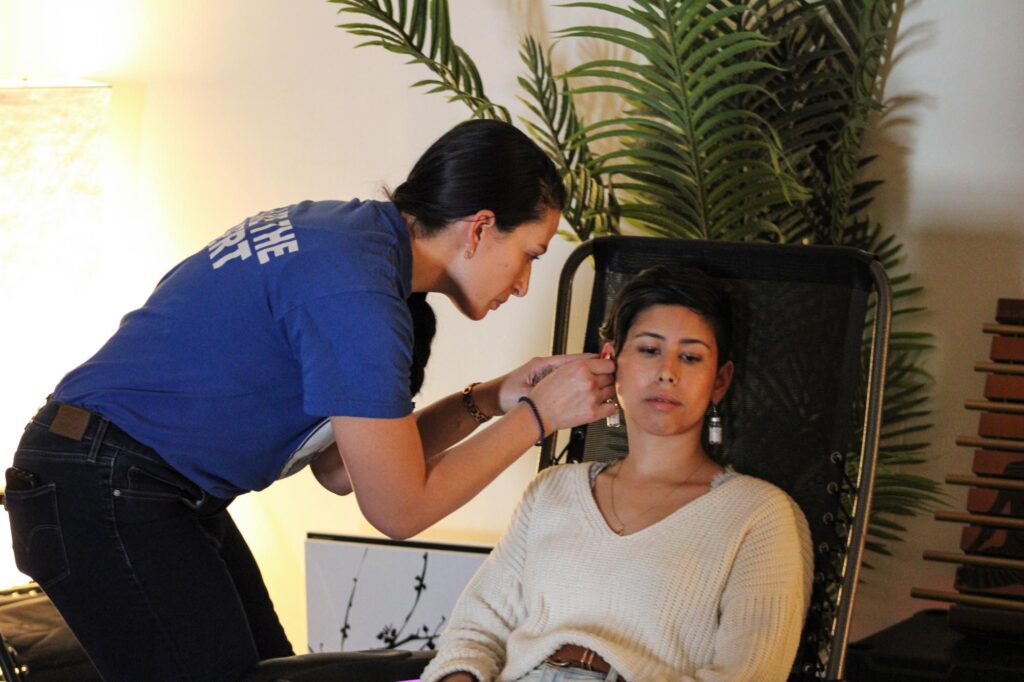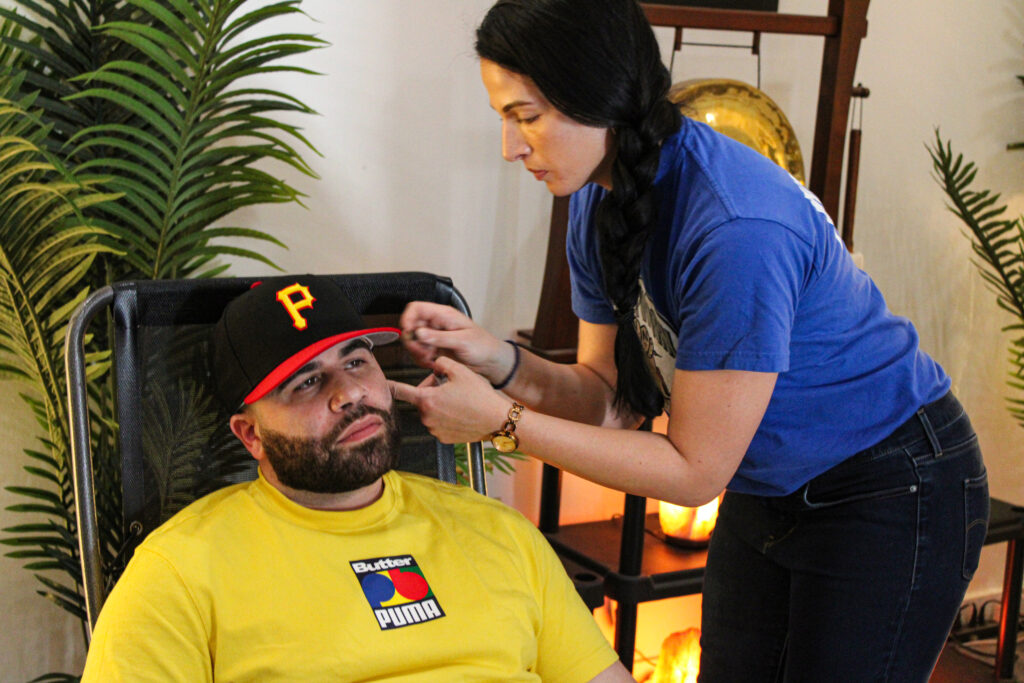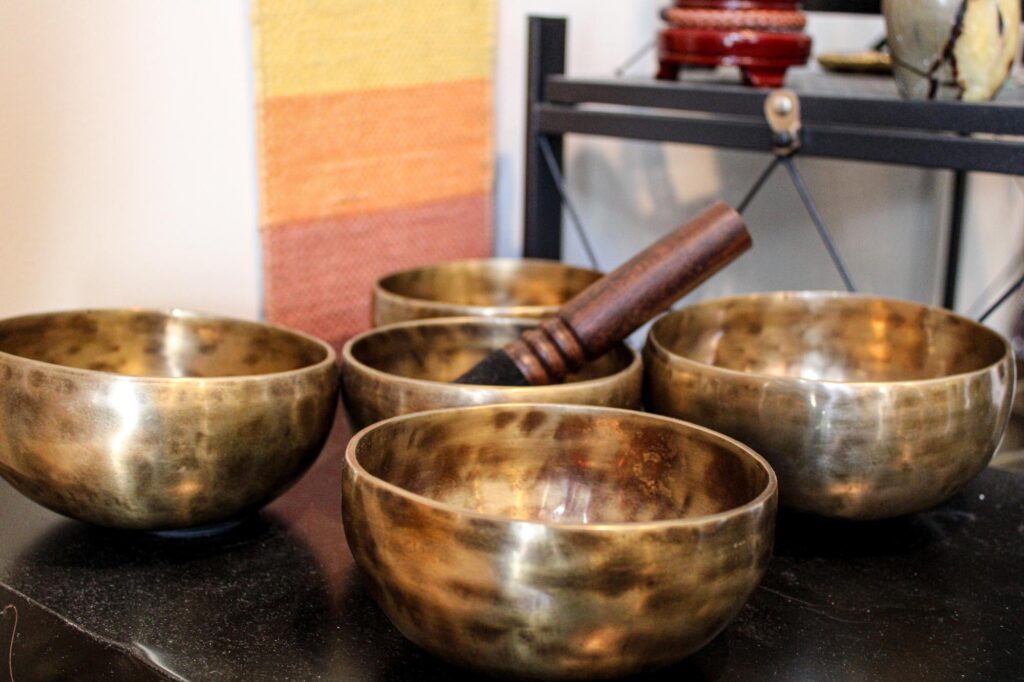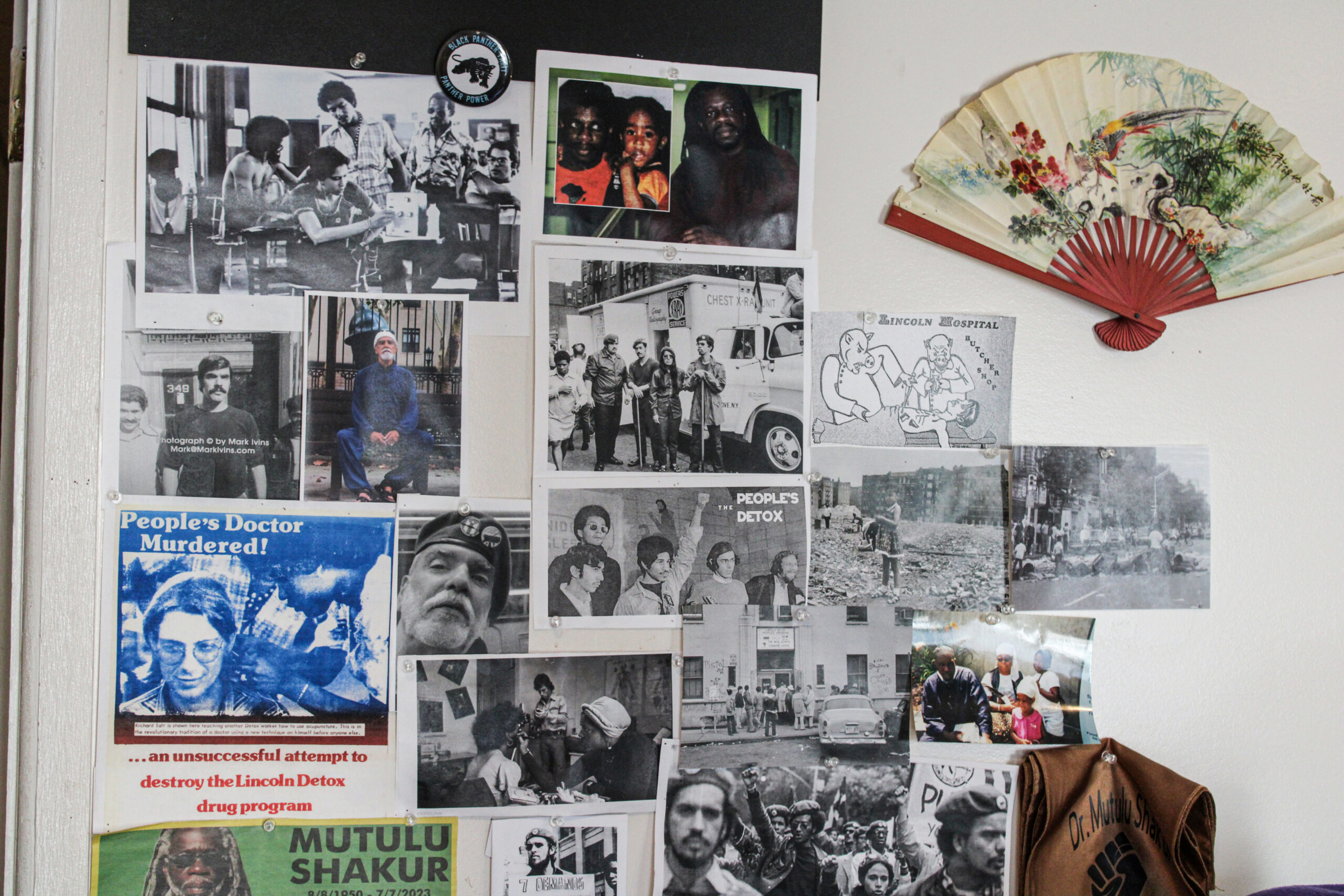
Honoring our History: The LGBTQ+ and Black Roots of the Harm Reduction Movement
OnPoint NYC owes its existence to the LGBTQ+ and Black pioneers and activists who created the harm reduction movement decades ago. As we celebrate Pride Month and Juneteenth this June, we’d like to acknowledge and honor our history.
During the 1980s and 1990s, as the AIDS epidemic and drug crisis ravaged the LGBTQ+ and Black community, brave leaders – realizing that their needs were being ignored by governmental policies – took matters into their own hands and mobilized to stem the tide of death. Their tireless commitment and efforts created many of the harm reduction methodologies and approaches we still use daily at our drop-in centers, OPCs, and outreach programming.
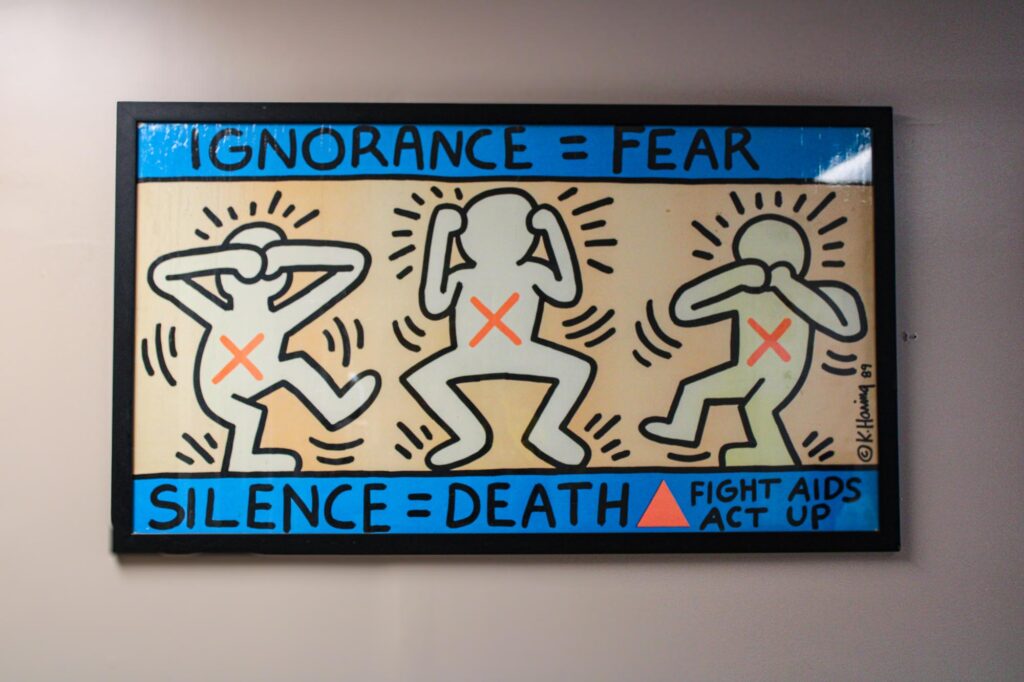
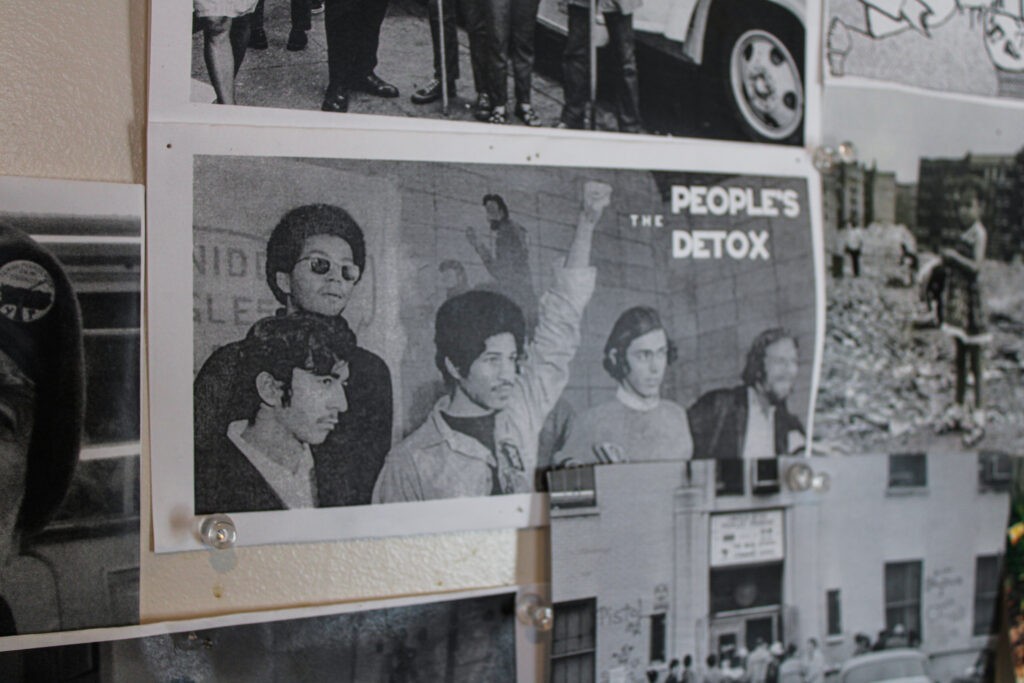
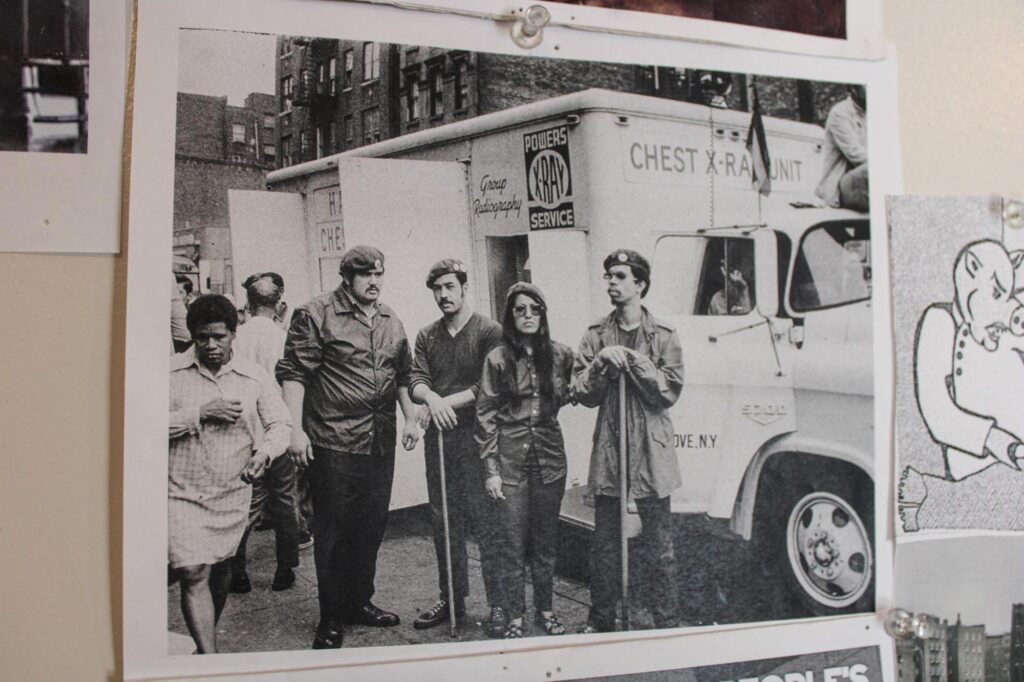


The first harm reduction initiatives started in the 1980s as underground grassroots movements intended to prevent HIV transmission via drug use. Acknowledging that education and hygienic materials could mitigate risk, groups rooted in the LGBTQ+ and Black communities conducted syringe exchanges and outreach to educate the public about safer methods and behaviors – and help save lives. New York Harm Reduction Educators, one of the groups that formed OnPoint NYC two years ago, began in 1992 as part of this response.
The need for harm reduction only grew in the coming years. As the War on Drugs further stigmatized and disproportionately impacted Black communities, advocates worked to create judgment-free spaces where people who used drugs could get the support, materials, and guidance to reduce risks and live healthier lives. Our other founding agency, the Washington Heights Corner Project, emerged from this community response. In the past decade, the overdose crisis spurred by opioid use and new drugs such as fentanyl has provided yet another focus and community need, and the advocacy efforts led by communities of color have worked to promote further and legitimize harm reduction in the public eye.
Today, OnPoint NYC’s model and programs continue to be inspired and informed by our intersectional community:
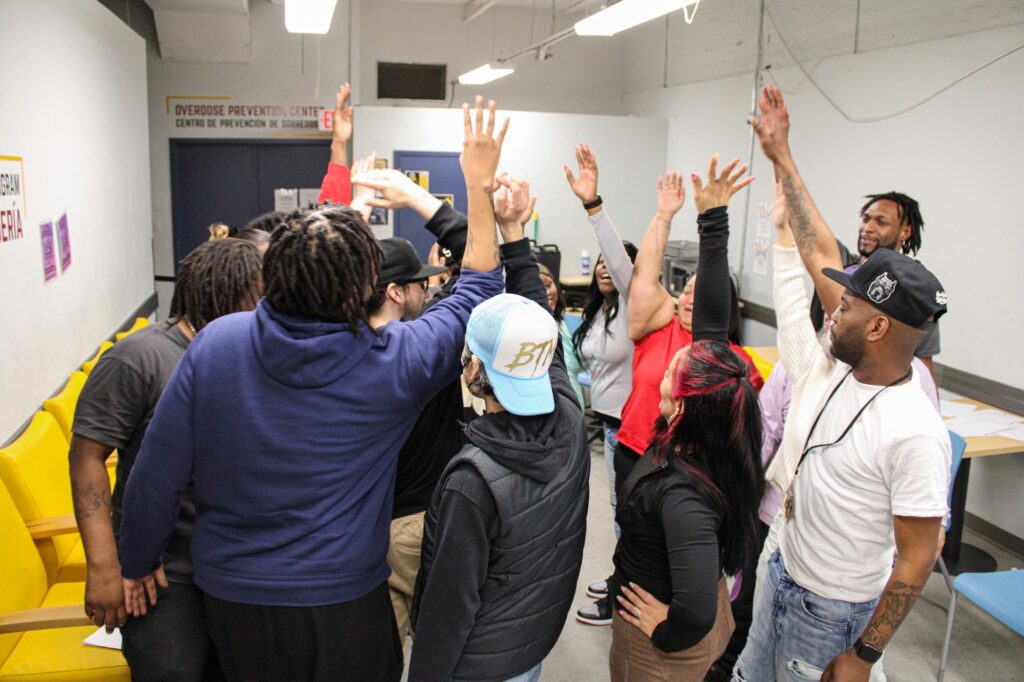
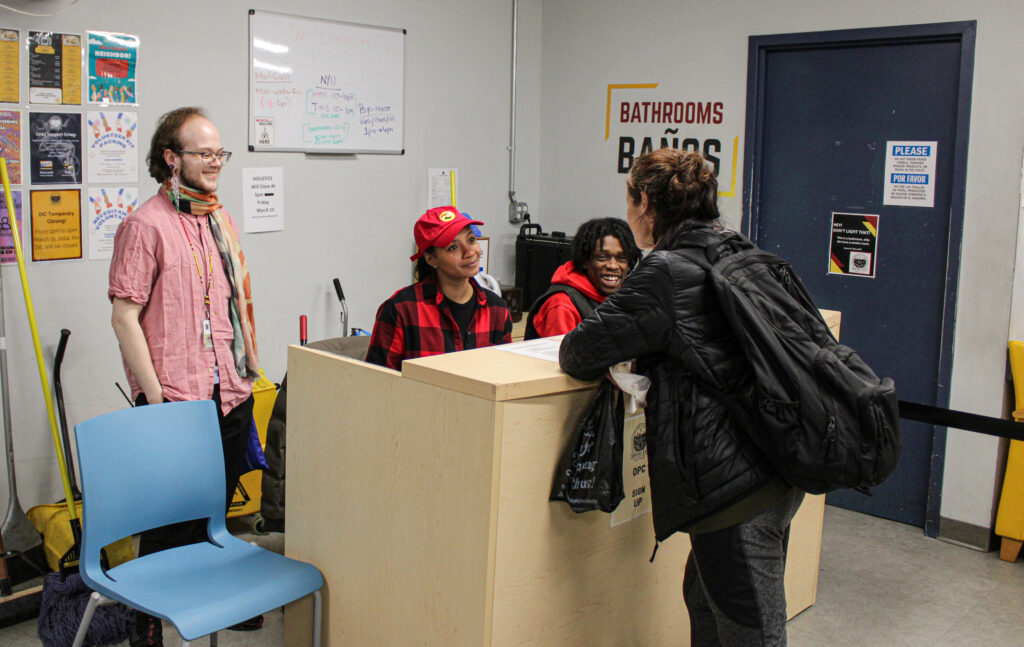
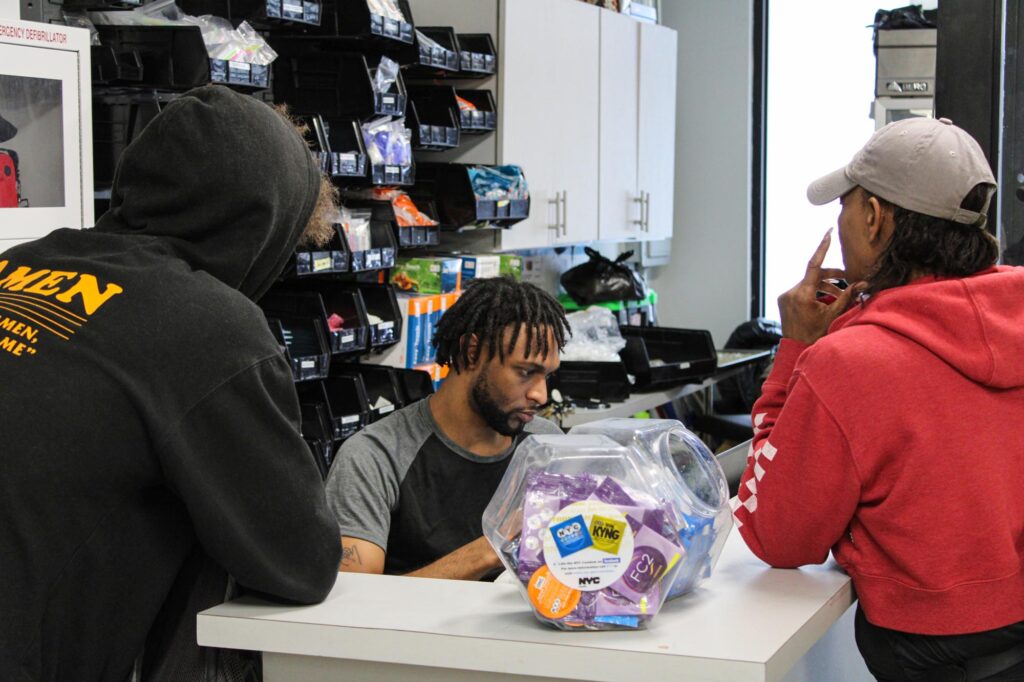
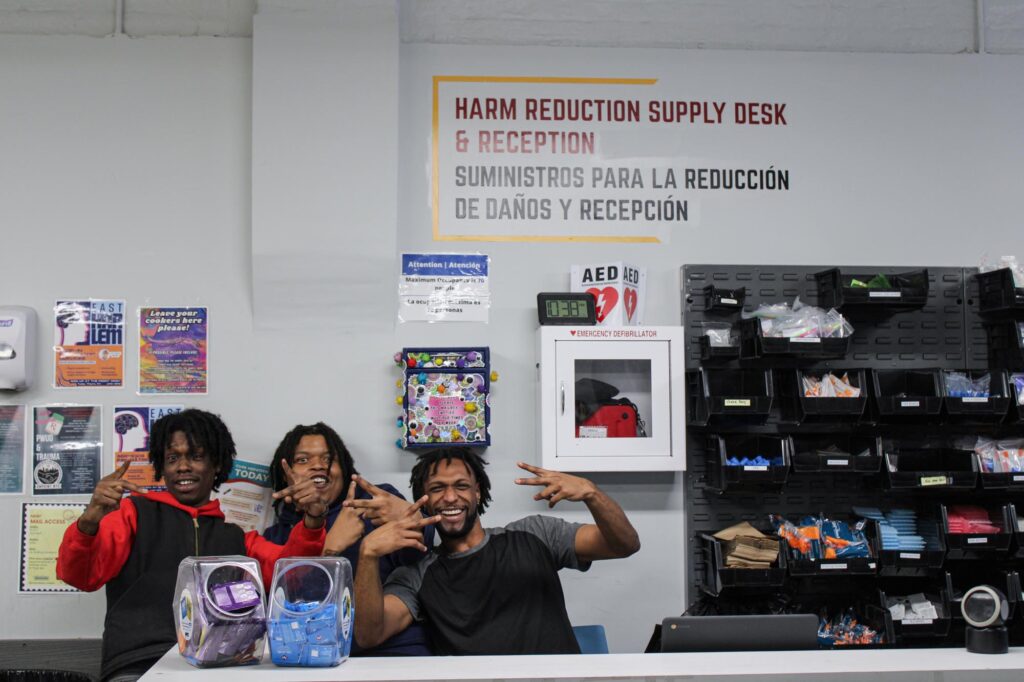


Understanding harm reduction’s complex history, we employ a culturally responsive and inclusive philosophy.
Many of our participants continue to come from the LBGTQ+ and/or Black communities, and they have not only been stigmatized due to their drug use but have faced systemic racism, bigotry, and other forms of trauma.
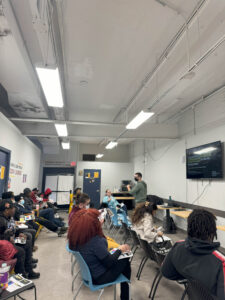 Due to these intersectional identities, they often have had negative past experiences with systems and agencies purporting to help. To that end, we understand the importance of creating a safe, supportive, and comforting environment. Our services are judgment-free, participant-led, and often staffed by those with lived experience who come from the communities we serve.
Due to these intersectional identities, they often have had negative past experiences with systems and agencies purporting to help. To that end, we understand the importance of creating a safe, supportive, and comforting environment. Our services are judgment-free, participant-led, and often staffed by those with lived experience who come from the communities we serve.
Additionally, we continually provide professional development opportunities to improve our approach. This year, we partnered with the National Harm Reduction Coalition to bring an LGBTQIA+ training series to staff, containing sessions on providing affirming care and support to our participants.
We provide an array of medical and holistic services rooted in the communities we support. Our services often echo the original aims of the harm reduction movement – while prevention and treatment of HIV/AIDS have improved, our community still remains at heightened risk of contracting and transmitting the virus.
At our OPCs and community, we distribute clean syringes to our neighbors and clean up waste from parks and sidewalks. HIV services continue to be a major part of our clinical programs – we offer regular HIV testing at our medical clinic, provide comprehensive treatment to those who test positive, and conduct outreach events to educate the public about risk reduction.
Understanding that many of our participants have experienced discrimination within the traditional healthcare system, we not only provide affirming care in our on-site Health Clinics but have also introduced holistic services that employ alternative medicine practices (acupuncture, reiki, sound healing, and more.) These methods have a long tradition within the LGBTQ+ and Black communities and provide another linkage to history and Black activism – in the 1970s South Bronx, the Black Panthers and Young Lords introduced alternative medicine as a means of curtailing drug addiction. We continue to maintain these ties to our past – our Holistic Services room in East Harlem even contains a historical display with photos, news articles, and other ephemera.
As we celebrate the accomplishments and achievements of the LGBTQ+ and Black communities this month, let’s not forget their role in creating harm reduction – OnPoint NYC’s services, philosophy, and approach are only possible because of their dedication and commitment.
